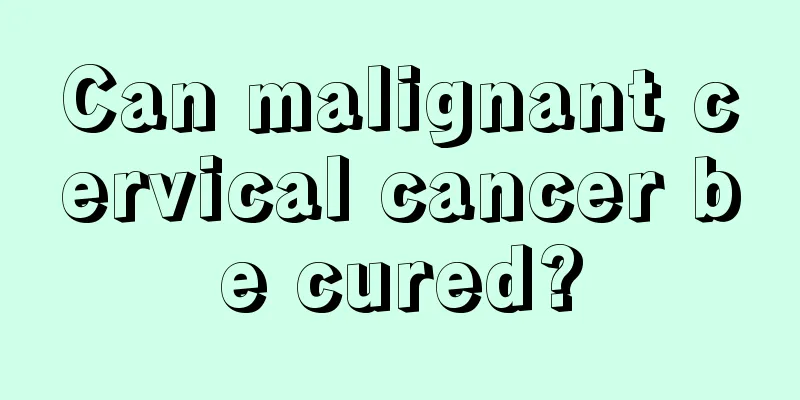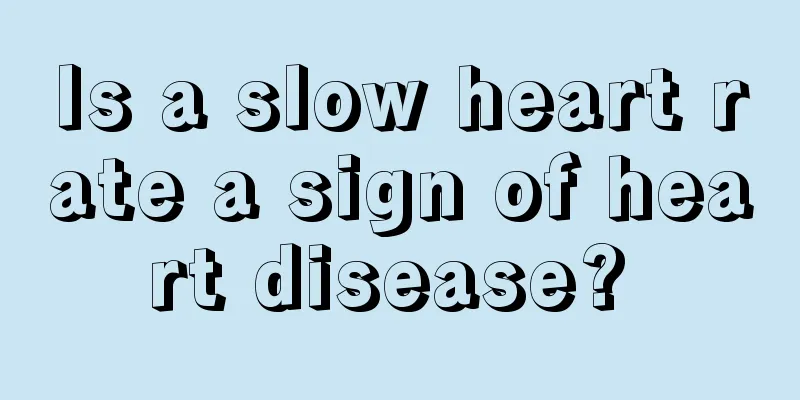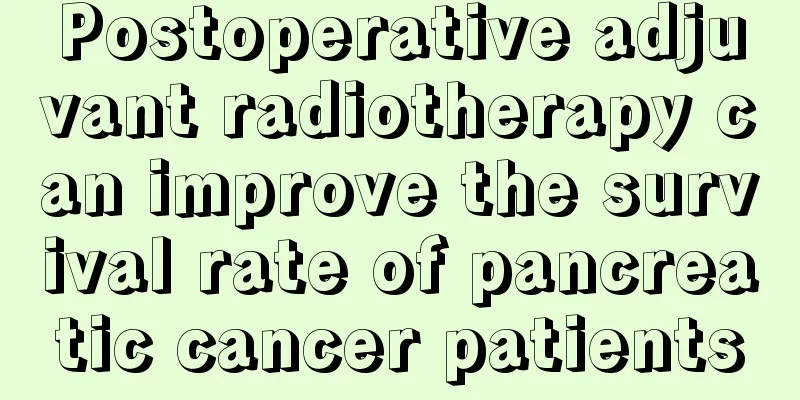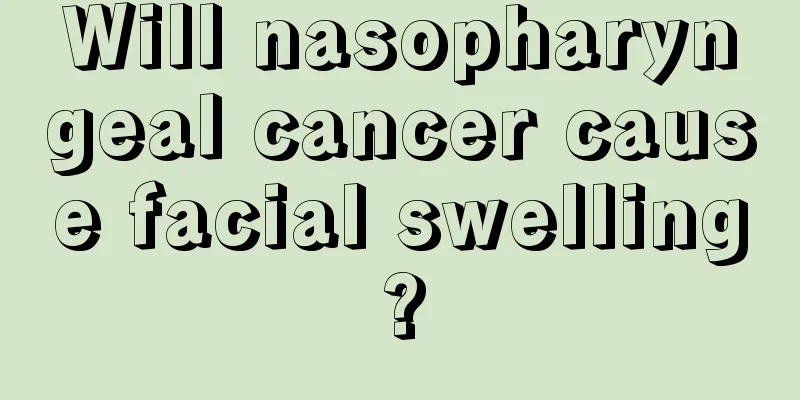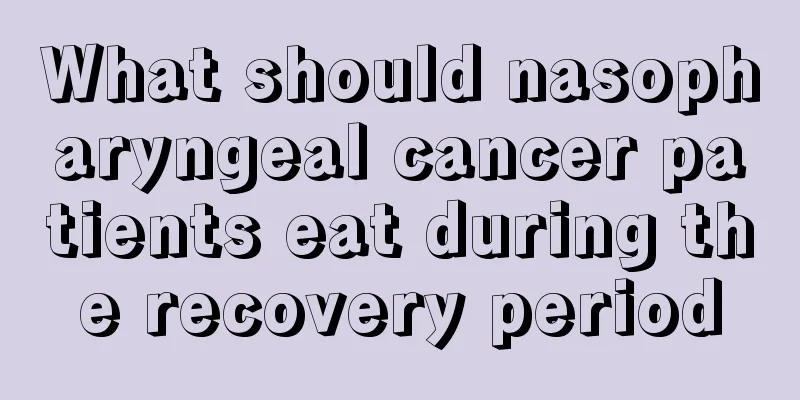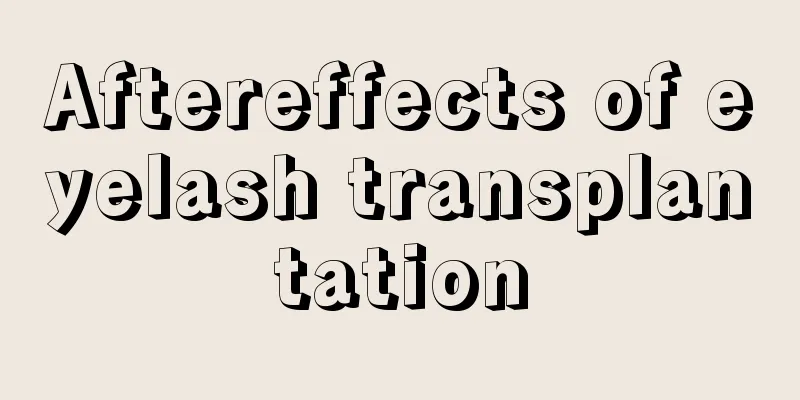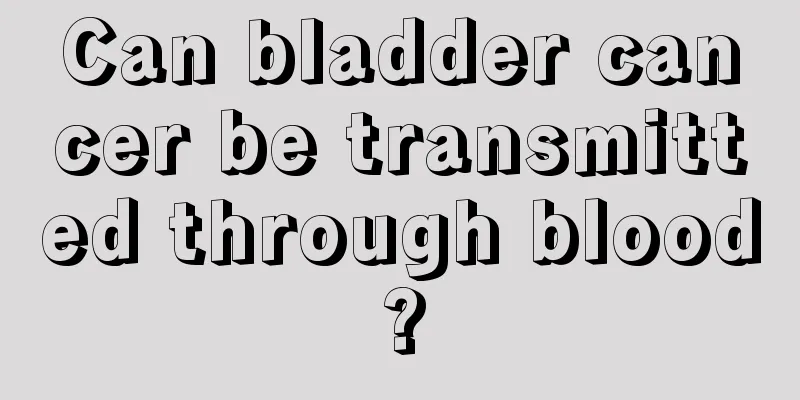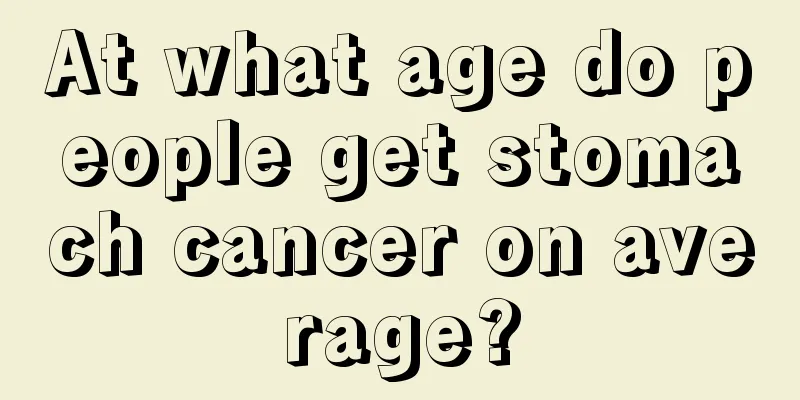What medicine to take for appendicitis

|
Appendicitis can be extremely painful. Some people even think that diseases like appendicitis do not need treatment because the patient will have no symptoms after the pain is over. In fact, the abdominal pain and fever caused by appendicitis may have a great impact on the body. Therefore, patients should choose the appropriate method of treatment according to the actual condition of their body and do not use drugs at will. Treatment of appendicitis In some cases, appendicitis should be treated non-surgically first, such as acute simple appendicitis in early and late pregnancy. In order to avoid miscarriage or premature birth that may be caused by surgery, conservative treatment should be sought first. If injections and medications are not effective, surgery should be considered. For example, elderly and frail patients or those with other serious organic diseases who have contraindications to surgery will first receive conservative treatment and only undergo surgery as a last resort. Another example is patients who have other more important surgeries before or after. Finally, if appendicitis has occurred for more than 72 hours, non-surgical treatment is generally chosen first. However, in the long run, surgical treatment is still needed. The surgical treatment method is to remove the appendix and close the cecum. It is generally simple and easy to perform. Anesthesia generally uses continuous epidural anesthesia, and general anesthesia can be used for children. The incision is usually made through an oblique incision in the right lower abdomen (i.e. McBurney incision) to enter the abdominal cavity. The incision is generally 3 to 7 cm long. Simple appendicitis can be completed with a smaller incision. After finding the appendix, you can use an appendix forceps to clamp the terminal mesosome and pull the appendix out of the peritoneum, cut it off and ligate it, then suture the peritoneum and flush the incision with saline. The operation takes about 2 hours. Post-Appendicitis Care There is no need for special restrictions on diet and activities after the operation. For patients with mild conditions, they can sit up on the same day after the operation and eat the next day. The stitches can be removed after 5 to 6 days. Patients should be mobilized early to avoid intestinal adhesion or constipation, and antibiotics can be used preventively. For patients with more serious conditions, they should be placed in a semi-recumbent position after anesthesia is recovered, continue anti-infection treatment, and eat liquid food after intestinal peristalsis is restored. Observe the incision and drainage, change the dressing in time, and the abdominal drainage should generally be gradually removed within 3 to 5 days after surgery. The diet should consist of small meals and frequent meals, with mainly light food and avoid spicy food. |
>>: Will appendicitis cause constipation?
Recommend
What are the common liver cancer examination methods? Four common examination methods for diagnosing liver cancer
What are the common methods for checking liver ca...
Is the nuclear magnetic radiation high?
The radiation from nuclear magnetic resonance is ...
The difference between Coprinus comatus and Pleurotus eryngii can be divided into three aspects
What is the difference between Coprinus comatus a...
Is bladder cancer hereditary?
Whether bladder cancer is hereditary is a questio...
What are the benefits of gardenia tea
The main function of gardenia is to clear away he...
How to measure blood sugar by yourself?
Regarding the issue of measuring blood sugar, peo...
How to ripen picked mangoes
Only when mangoes are ripe will they become sweet...
What are the nursing measures after percutaneous interventional treatment of liver cancer? Mainly diet and life aspects
Nursing measures after percutaneous interventiona...
What should you pay attention to in your diet after lung cancer surgery? What should you pay attention to in your diet after lung cancer surgery?
Experts say that the earlier lung cancer is disco...
You should choose the method of treating lymphoma according to your own characteristics
Experts say that the best way to treat lymphoma i...
How to wash clothes with oil stains
How to wash clothes with oil stains? Nowadays, we...
Constipation and unformed stools are even more terrible
Many people suffer from constipation and diarrhea...
What are the dangers of losing your temper?
In life, we often see people with bad tempers, wh...
Can percutaneous interventional treatment for lung cancer prolong life?
Percutaneous interventional treatment of lung can...
How to extinguish moxibustion sticks
In fact, many people know that moxibustion can be...
